Ingredients
- Click on any Ingredient below to learn more about it at NutraWiki
| Organic Hemp Protein | Protien Made From Hemp |
|---|---|
| Calories | A calorie is a unit of energy. In nutrition and everyday language, calories refer to energy consumption through eating and drinking and energy usage through physical activity. |
| Fat | Fat is an essential part of our diet and nutrition, we cannot live without it. |
| Saturated Fat | Eating foods that contain saturated fats raises the level of cholesterol in your blood. |
| Polyunsaturated Fat | Polyunsaturated fats can help reduce bad cholesterol levels in your blood which can lower your risk of heart disease and stroke. |
| Monounsaturated Fat | The most well-documented benefit of consuming monounsaturated fats is the potential for keeping your heart healthy. |
| Cholesterol | Cholesterol is a waxy substance that comes from two sources: your body and food. Your body, and especially your liver, makes all the cholesterol you need and circulates it through the blood. |
| Sodium | Sodium is an element that the body needs to work properly. Salt contains sodium. The body uses sodium to control blood pressure and blood volume. |
| Potassium | Potassium is a mineral that the body needs to work normally. It helps nerves and muscles communicate. |
| Total Carbohydrate | Carbohydrates are one of the main types of nutrients. They are the most important source of energy for your body. |
| Dietary Fiber | Dietary fiber or roughage is the indigestible portion of food derived from plants. |
| Sugars | People have eaten sugar cane and used it as a sweetener for centuries. |
| Protein | They are essential in the diet of animals for the growth and repair of tissue. |
| Magnesium | Magnesium is required for the proper growth and maintenance of bones. Magnesium is also required for the proper function of nerves, muscles, and many other parts of the body. |
| Iron | Iron is a mineral that is naturally present in many foods, added to some food products, and available as a dietary supplement. |
| Zinc | Zinc is used for boosting the immune system, treating the common cold and recurrent ear infections, and preventing lower respiratory infections. |
| Alanine | Alanine (abbreviated as Ala or A) is a non-polar α-amino acid, with the formula CH3CH(NH2)COOH. |
| Arginine | L-arginine is a chemical building block called an amino acid. It is obtained from the diet and is necessary for the body to make proteins. |
| Aspartic Acid | L-aspartic acid, often just called aspartic acid, is an amino acid — the building block of proteins and necessary for several other processes in the body. |
| Cysteine | An amino acid derived from cystine and found in most proteins. |
| Glutamic Acid | Glutamic acid (abbreviated as Glu or E; encoded by the codons GAA or GAG) is an ɑ-amino acid that is used in the biosynthesis of proteins. |
| Glycine | Glycine is an amino acid, a building block for protein. It is not considered an “essential amino acid” because the body can make it from other chemicals. |
| Histidine | L-Histidine is an amino acid. People use histidine for medical purposes. |
| Isoleucine | Isoleucine (abbreviated as Ile or I) encoded by the codons AUU, AUC, and AUA is an α-amino acid that is used in the biosynthesis of proteins. |
| Leucine | L-Leucine plays a central role in the metabolism of muscle tissue therefore contributing to both its generation and preservation. |
| Lysine | L-lysine is an amino acid (a building block of protein) that is essential for health. |
| Methionine | Methionine is an amino acid. Amino acids are the building blocks that our bodies use to make proteins. |
| Phenylalanine | Phenylalanine is an amino acid, a “building block” of protein. |
| Proline | Proline, also known as L-proline, is an amino acid. It is non-essential because it can be synthesized by the body through the breakdown of L-glutamate, another amino acid. |
| Serine | Serine is classified as a nutritionally non-essential amino acid. Serine is critical for the production of the body’s proteins, enzymes and muscle tissue. |
| Threonine | Threonine is an amino acid. Amino acids are the building blocks the body uses to make proteins. |
| Tryptophan | Tryptophan is an amino acid needed for normal growth in infants and for nitrogen balance in adults. |
| Tyrosine | Tyrosine is a nonessential amino acid the body makes from another amino acid called phenylalanine. It is a building block for several important brain chemicals called neurotransmitters, including epinephrine, norepinephrine, and dopamine. |
| Valine | L-Valine is an essential amino acid and, along with L-Leucine and L-Isoleucine, is part of the branched chain of amino acids. |

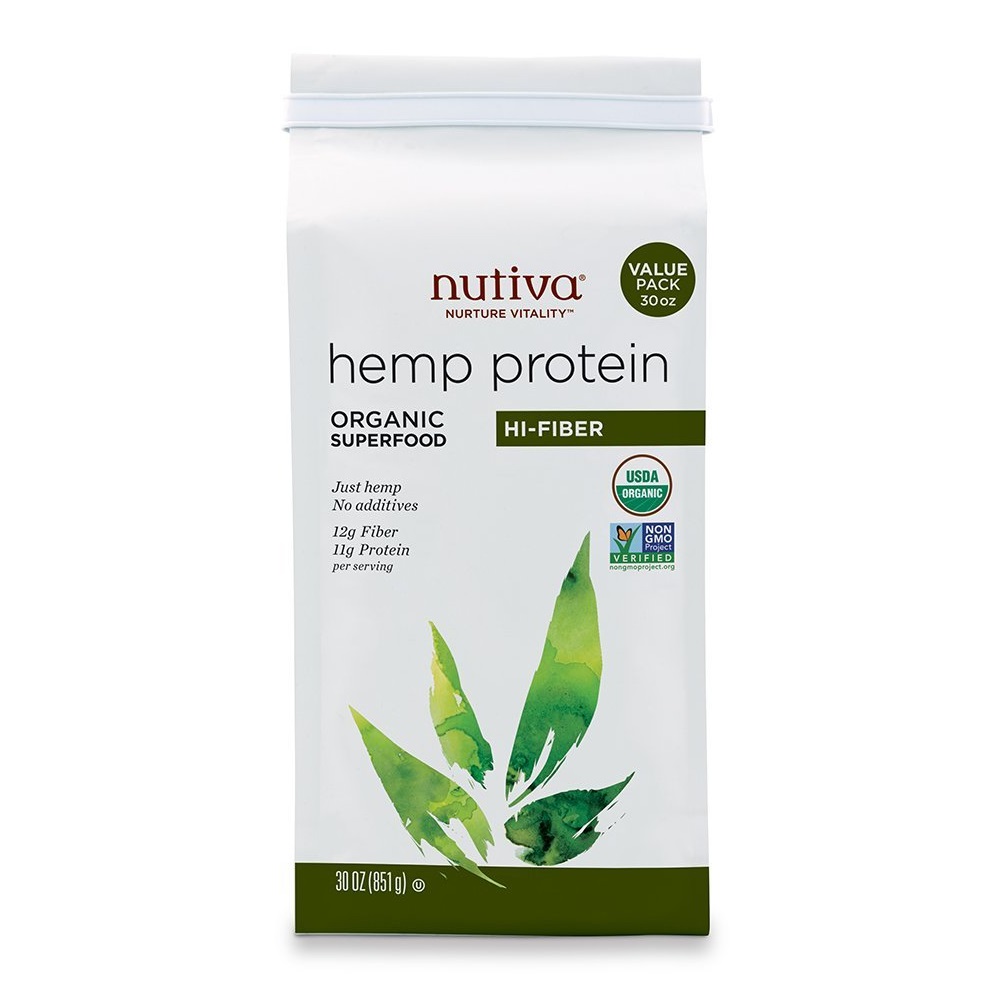
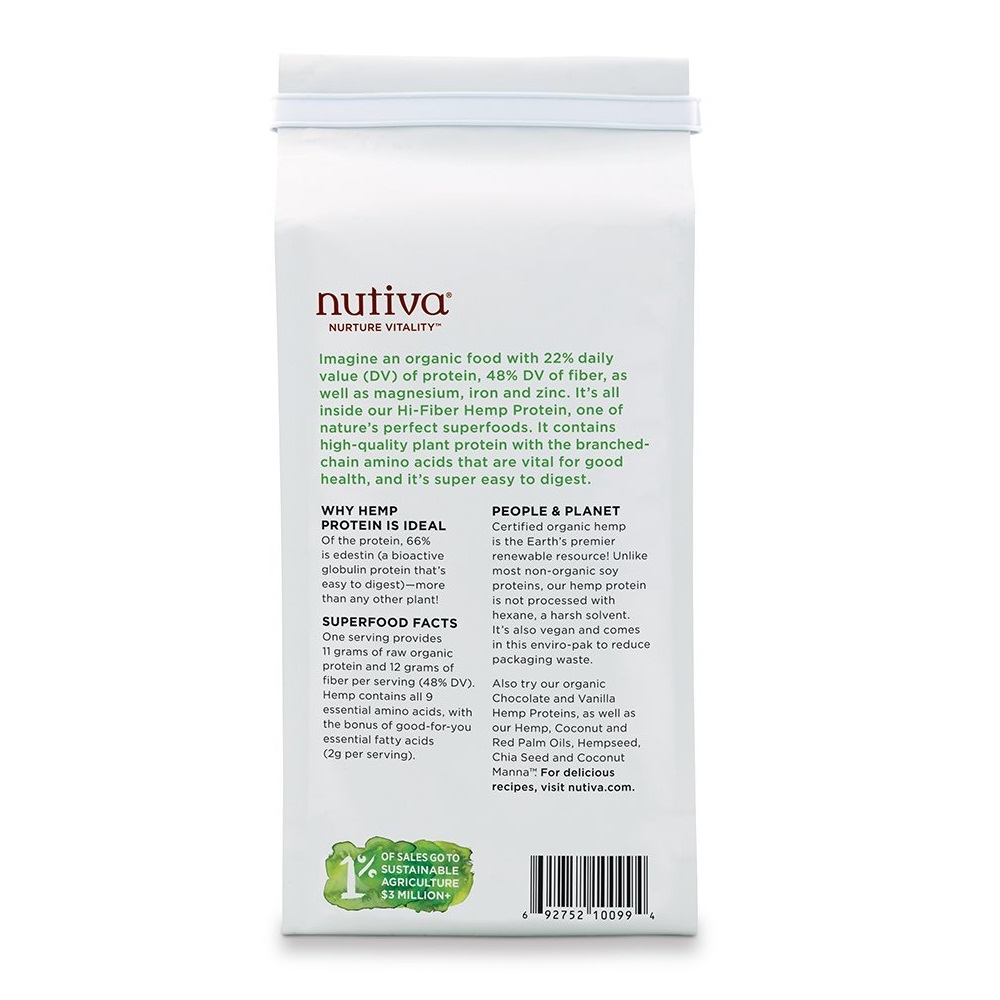
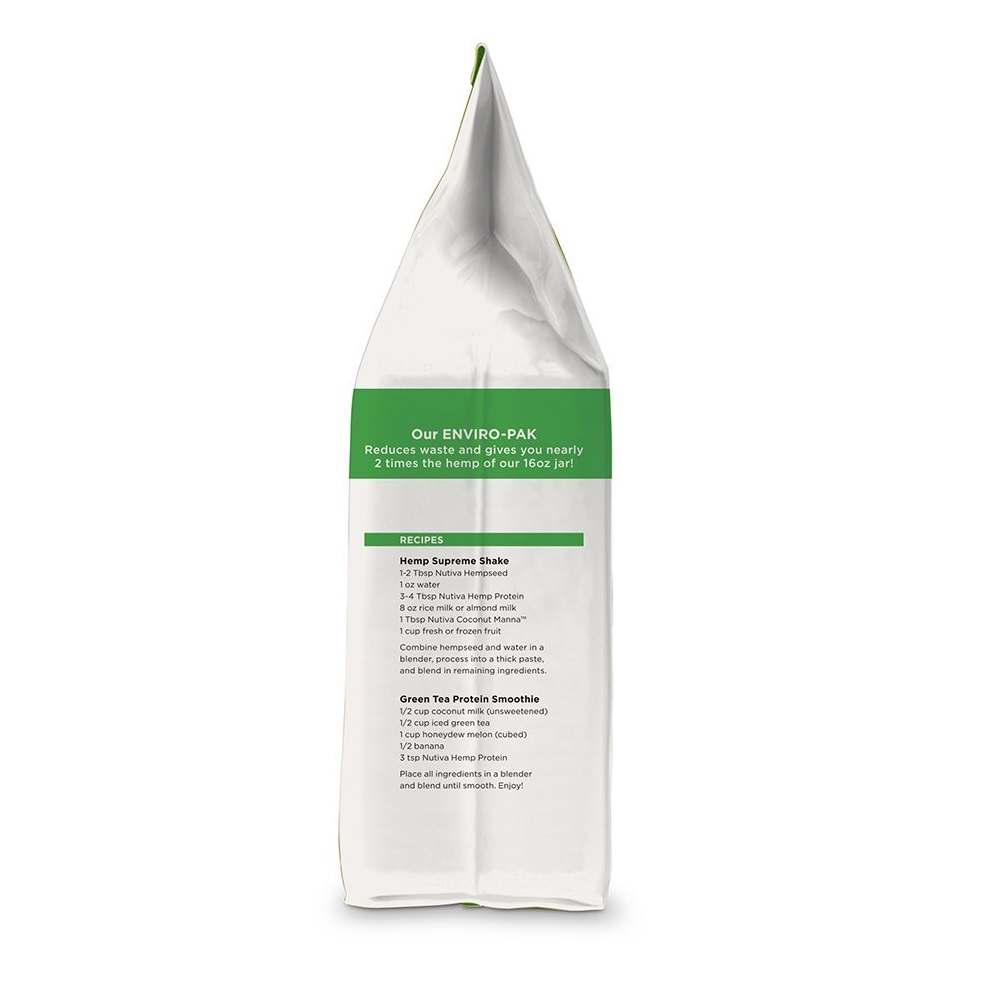
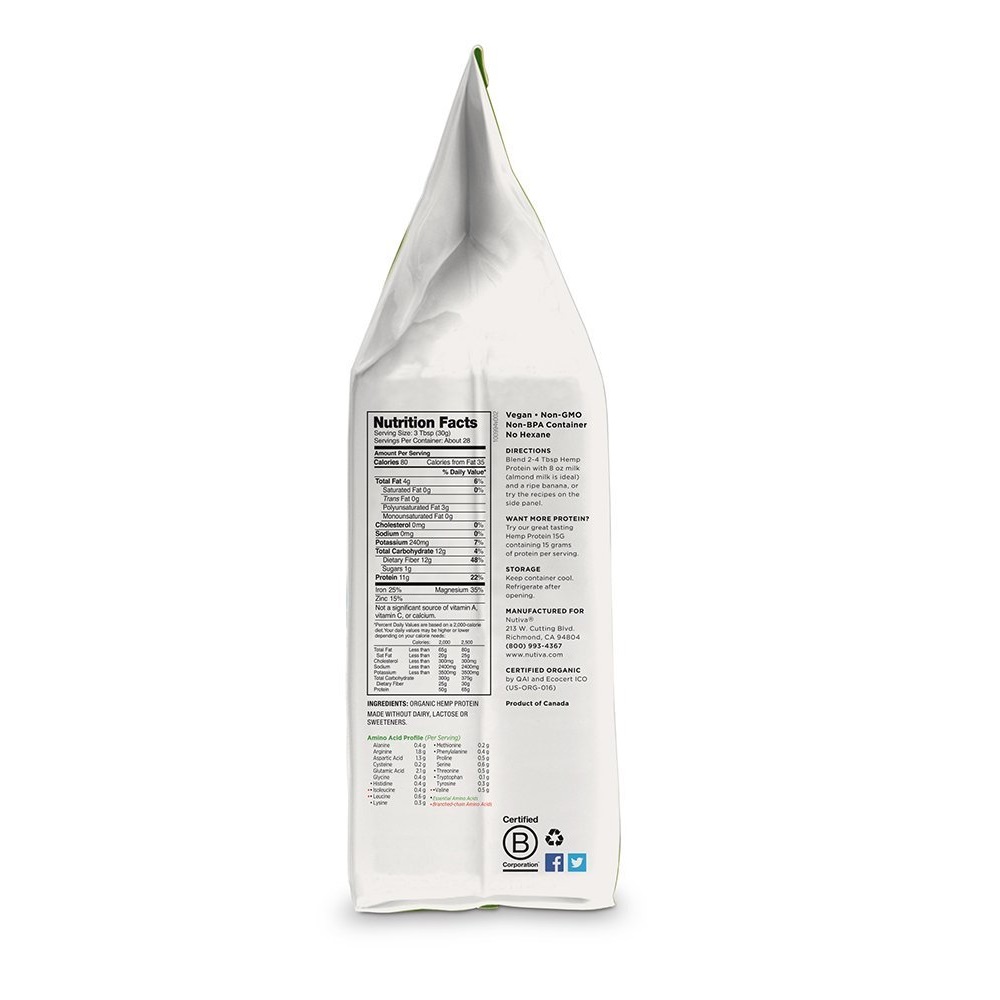
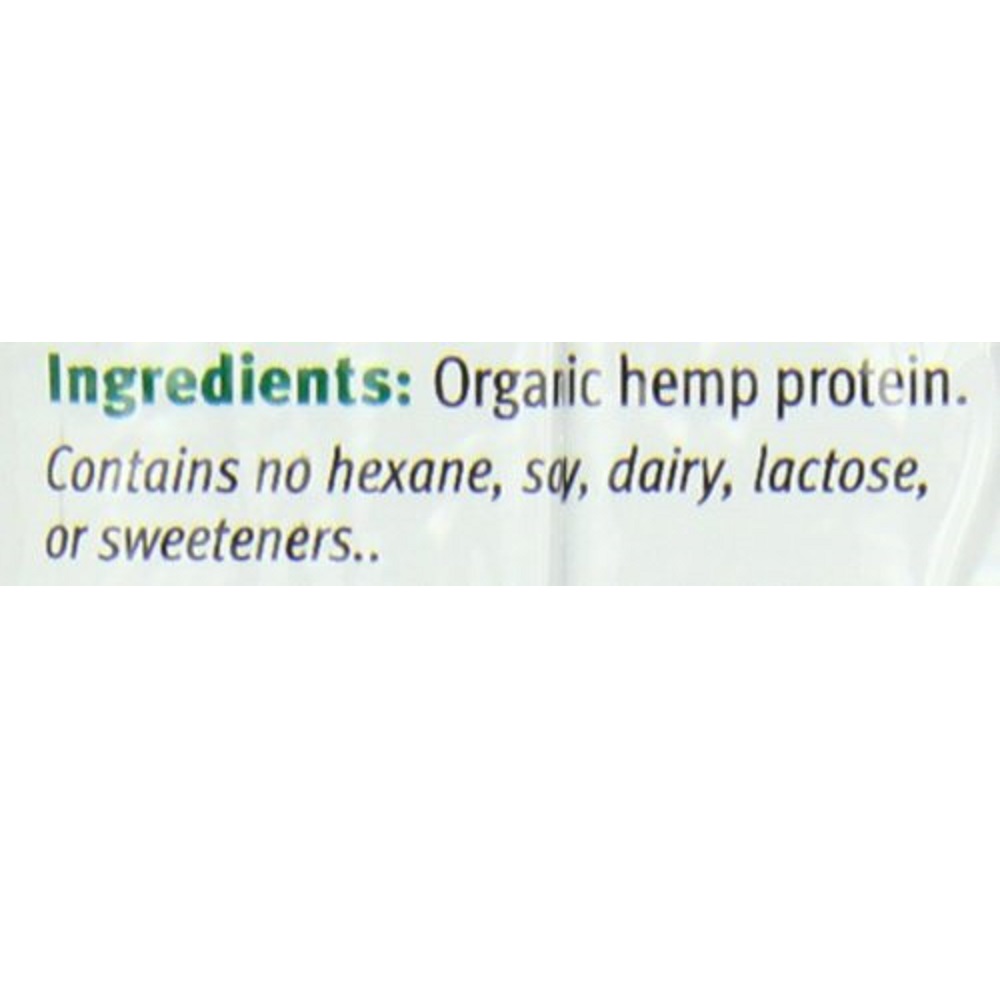

Reviews
There are no reviews yet.